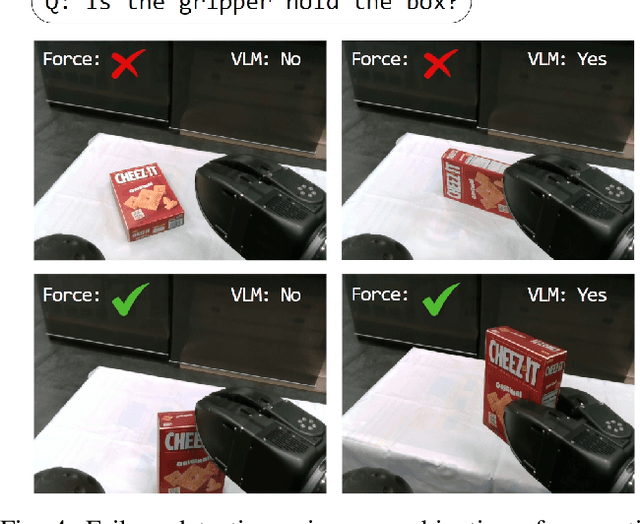Autonomous Behavior Planning For Humanoid Loco-manipulation Through Grounded Language Model
Paper and Code
Aug 15, 2024



Enabling humanoid robots to perform autonomously loco-manipulation in unstructured environments is crucial and highly challenging for achieving embodied intelligence. This involves robots being able to plan their actions and behaviors in long-horizon tasks while using multi-modality to perceive deviations between task execution and high-level planning. Recently, large language models (LLMs) have demonstrated powerful planning and reasoning capabilities for comprehension and processing of semantic information through robot control tasks, as well as the usability of analytical judgment and decision-making for multi-modal inputs. To leverage the power of LLMs towards humanoid loco-manipulation, we propose a novel language-model based framework that enables robots to autonomously plan behaviors and low-level execution under given textual instructions, while observing and correcting failures that may occur during task execution. To systematically evaluate this framework in grounding LLMs, we created the robot 'action' and 'sensing' behavior library for task planning, and conducted mobile manipulation tasks and experiments in both simulated and real environments using the CENTAURO robot, and verified the effectiveness and application of this approach in robotic tasks with autonomous behavioral planning.
 Add to Chrome
Add to Chrome Add to Firefox
Add to Firefox Add to Edge
Add to Edge